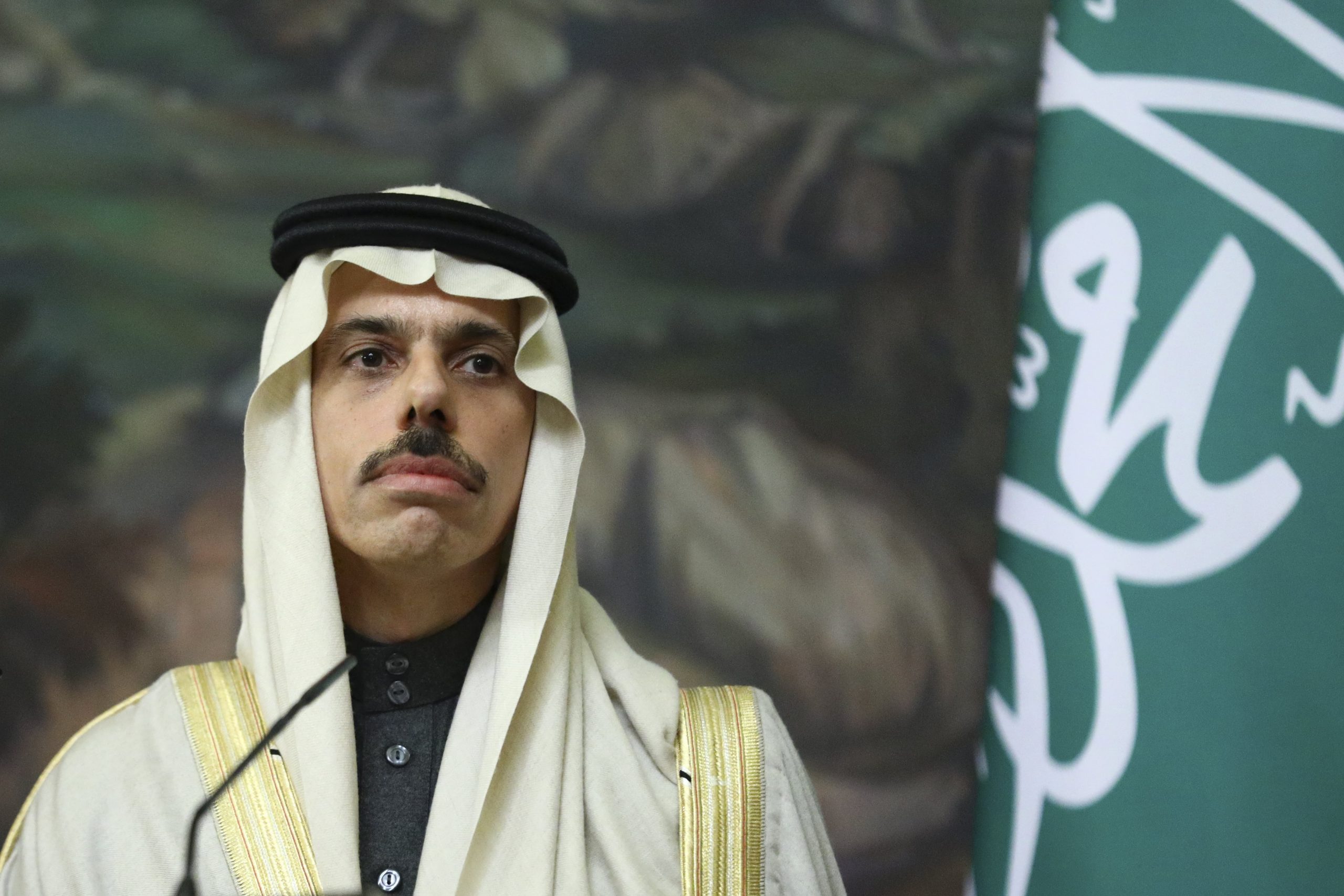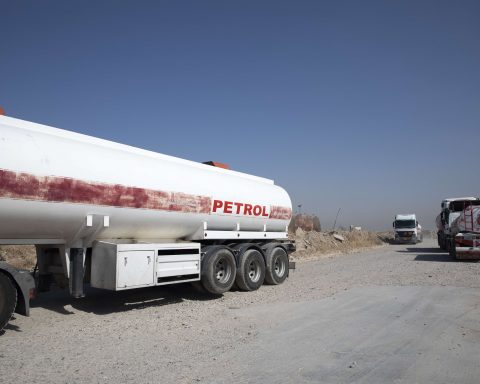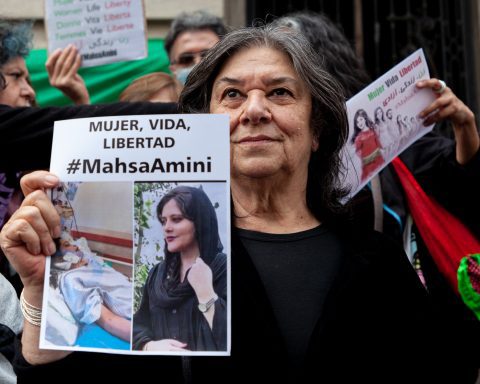Saudi Foreign Minister Faisal bin Farhan stated that his country would determine its interactions with Iran’s president-elect Ebrahim Raisi’s government according to “the reality on the ground.” His statements came during the joint press conference held with his Austrian counterpart following a meeting.
Stressing that Supreme Leader Ayatollah Ali Khamenei has the final say on Iran’s foreign policy, Saudi Foreign Minister stated that his government’s approach to Iran would be shaped by these realities, regardless of who is in charge.
In his speech, Faisal bin Farhan said, “From our perspective, foreign policy in Iran is in any case run by the supreme leader, and therefore we base our interactions and our approach to Iran on the reality on the ground, and that is what we will judge the new government on, regardless of who is in charge.”
The Saudi top diplomat’s remarks came following Raisi’s statements made in his first news conference after being elected as Iran’s new president in the extended election on Saturday. On Monday’s press conference, the Iranian president-elect stated that improving relations with Gulf Arab neighbors is his government’s foreign policy priority.
However, Raisi did not refrain from urging Saudi Arabia to immediately stop its intervention in Yemen.
On the other hand, the Saudi Foreign Minister mentioned his concerns about Tehran’s nuclear program, particularly referring to unexplained uranium particles found at unreported sites in Iran. The same issue became the main topic of the conversation held between the Saudi Minister and the head of the International Atomic Energy Agency (IAEA), Rafael Grossi.
In the meeting held during the Saudi diplomat’s visit to Vienna, the two officials reportedly discussed “the importance of imposing the necessary mechanisms for a rapid and comprehensive inspection of all Iranian nuclear sites.”
Saudi Arabia and other Gulf states are cautious about Tehran’s nuclear activities and have been advocating that they should be involved in the ongoing nuclear talks in Vienna. Moreover, Gulf countries favor a new extended nuclear agreement, which Iran categorically rejects.
Saudi Arabia and Iran, two arch-rivals of the region, have engaged in direct talks since April to ease tension between them.














